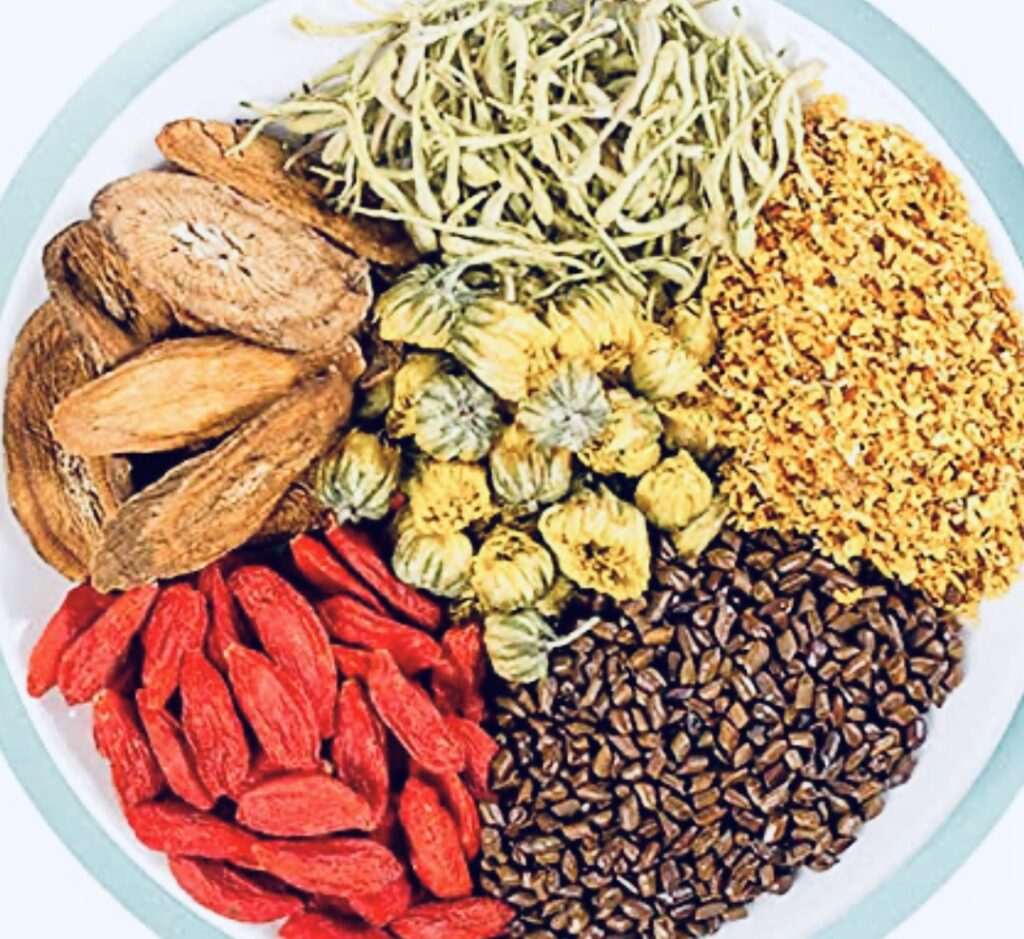Best Ways to Heal Fatty Liver in Ayurveda
Introduction
The liver serves as the body’s primary filter and a natural multitasker. It plays a crucial role in the body’s overall regulatory system by transforming toxins into waste products, purifying the blood, metabolizing nutrients and medications, and giving the body some of its most crucial proteins.
The liver affects every aspect of human health and well-being because of its numerous functions.
Ancient Indian physicians practicing Ayurveda recognized this and developed several methods to prevent and treat liver disease.
Some of the best home remedies and Ayurvedic treatments for fatty liver come from their understanding of liver disease and treatment options.
How Does Ayurveda Help with Fatty Liver?
In Ayurvedic terms, the liver is a pitta organ that is absolutely necessary for normal digestion and elimination.
As a result, the pitta dosha should always be in balance so that toxins are eliminated from the body by the liver.
When the pitta is aggravated, it causes liver disease, which can be treated with lifestyle and dietary changes. Ayurvedicremedies are also available to treat fatty liver disease.
Different Fatty Liver Disorders
Fatty liver disease is classified into two types: alcoholic and non-alcoholic. As the name implies, the former is caused by excessive alcohol consumption, whereas other factors cause the latter.
While non-alcoholic fatty liver disease impairs normal liver function, alcoholic fatty liver disease has distinct symptoms such as jaundice, fever, spider veins, and increased white blood cells (WBCs).
Ayurvedic treatments for fatty liver
Milk Thistle
Milk thistle, which has recently gained popularity as a liver tonic, has been shown to reduce liver inflammation.
Recent research has found that it can help reverse chemical-induced liver damage and prevent liver toxicity during chemotherapy.
It is used in most natural medicines and home remedies for liver health because it is non-toxic and can be taken for months.
Autophagy
Autophagy is cells’ breakdown and recycling of damaged or unnecessary proteins and organelles.
It’s a natural way for the body to cleanse itself, but it can also aid in eliminating waste, such as toxins and excess fat.
Autophagy aids in the breakdown of accumulated fat in your liver, allowing it to be burned off more easily when you exercise or eat correctly.
Fasting
Fasting is a great way to detox the body, which can help you lose weight and enhance your general health. It’s also a great way to heal your liver and other organs.
Fasting helps cleanse the liver by flushing toxins through the system so they don’t accumulate over time.
In addition to helping you lose weight, fasting will ensure that you’re getting all the necessary nutrients from food while also providing essential vitamins and minerals for the proper functioning of your organs.
Tudca.
Tudca is a herb that has been used in Ayurveda for thousands of years. It’s used to treat many conditions, including fatty liver and jaundice. Tudca can be taken in capsule form or as a tea you drink twice daily.
Ayurvedic detoxification massage

Ayurvedic detoxification massage is a treatment that uses pressure to stimulate the liver. It’s a gentle treatment and can be done at home or by a professional.
The practitioner gently massages your back, abdomen, arms and legs with their hands while they speak in an encouraging manner about how good you feel after the treatment.
Phase 1 and 2 detoxification
The process of detoxification involves removing toxins from the body. It’s a natural process that helps you maintain optimal health, and everyone must do so.
In Ayurveda, detoxification is known as ‘Pranayama’ or breathing exercises. Detoxification can be done by following these steps:
● fasting (detoxing your body)
● eating foods that are rich in vitamins, minerals and antioxidants (such as raw fruits & veggies)
● doing yoga
These activities will help cleanse your liver by helping eliminate waste products via urine production.

Tocotrienols
Tocotrienols are a type of tocotrienol found in foods such as soybeans and whole grains.
Tocotrienols help prevent heart disease by lowering bad cholesterol levels and reducing the risk of stroke and diabetes. They also have anti-inflammatory properties that may improve liver health.
Turmeric Extract
The anti-inflammatory and antioxidant properties of turmeric, also known as haldi, are well known. Turmeric extract appears so potent that it has been shown to protect against liver injury, shielding your liver from damage caused by toxins.
For those who take potent medications for diabetes or other conditions that can harm the liver over time, this may be good news. Not surprisingly, it is a common ingredient in most ayurvedic liver medicines.
Bitters Formulae
Bitters formulae are frequently created by combining barberry, turmeric, dandelion, celandine, goldenseal, gentian, chiretta, and neem.
These are primarily taken as a tea or diluted extracts 20 to 30 minutes before a meal to support liver function, detoxification, and digestion.
Eating beans, green vegetables (especially bitter salad greens), and cabbage family members is also a good solution.
Green leafy vegetables contain a lot of chlorophyll and can absorb toxins from the bloodstream.
Aloe Vera Juice
Because it is hydrating and high in phytonutrients, aloe verajuice is beneficial to the liver. It is a gooey, thick liquid derived from the aloe vera leaf.
Staying hydrated helps the body detox by allowing impurities to be flushed out. This reduces liver stress and is one of the best ayurvedic treatments for fatty liver available.
Bhumi-Amala
Bhumi Amla (Phyllanthus niruri) is also known as ‘Dukonganak’ and ‘Bhumi Amalaki’ in Sanskrit. The whole plant possesses medicinal properties supported by Ayurveda for fatty liver.
Bhumi Amla is good for indigestion and acidity due to its pitta balancing property. 2-4 teaspoons of Bhumi Amla Juice daily isone of the best Ayurvedic treatments for Fatty Liver, thanks to its proven antioxidant and antiviral activities.
Triphala Juice
Triphala, one of the most well-known traditional Ayurvedicformulations, combines three medicinal plants native to India: amla, bibhitaki, and haritaki.
It is frequently used as an Ayurvedic liver medicine because it aids in regulating metabolism and bowel movements.
Triphala, as a liver digestive remedy, reduces the toxic load on the liver. It is also high in antioxidants and anti-inflammatory compounds, which help to protect the liver. Triphala juice is a sweet and healthy juice that can be consumed regularly.
Punarnava
Punarnava, also known as Hogweed, Sterling, Tarvine in English, Mukarati Kirei in Tamil, Raktakunda, and Shothaghniin Sanskrit, is primarily used in Ayurvedic medicine to treat kidney disease.
However, because of its powerful detoxifying and purifying properties, it is also one of the best Ayurvedic herbs for fatty liver and other liver diseases.
Garlic
Garlic, high in antibacterial agents and selenium, activates liver detox enzymes and naturally flushes toxins from the body when consumed. Two garlic cloves before going to bed every night can help detoxify the liver.

Fruits and Whole Grains
Consuming sweet fruits, whole grains (especially oats and barley), (in moderation) is beneficial to liver detoxification. Include grapefruit, apples, avocados, and citrus fruits in your diet.
These fruits are beneficial to the digestive system and stimulate the liver. Whole grain products high in fibre, such as oatmeal, brown rice, millet, and barley, are good choices because they can help regulate blood sugar and lipid levels.
Conclusion
Bile is produced by the liver, one of your body’s vital organs, and it aids in digestion and the absorption of vitamins and minerals that are fat-soluble.
The liver is also responsible for protecting your body against toxins, inflammation, scarring and fibrotic tissue formation





